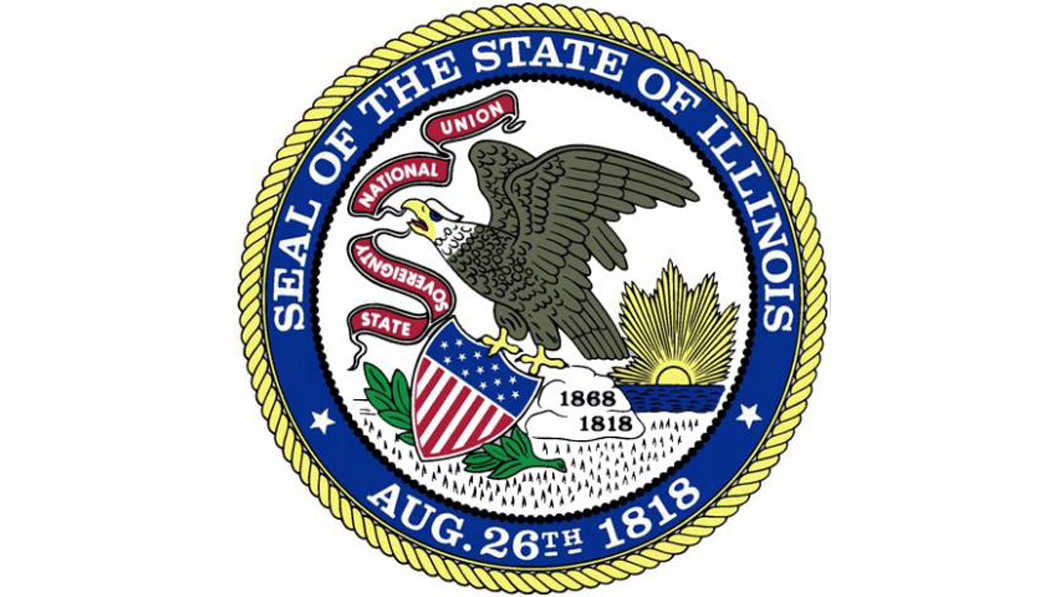On June 12, 2019 the governor of Illinois signed a bill into law that requires all public and private health insurance policies in the state to provide coverage for elective chemical and surgical abortions. There are no religious or conscience exemptions in the law that would exclude churches, religious nonprofit organizations or employers with an objection to abortion.
The Thomas More Society (TMS) is a nonprofit, public interest law firm, based in Chicago, dedicated to restoring respect in law for life, family and religious liberty. It has a religious objection to providing health insurance that pays for abortion, and its employee health plans have never done so. With the new law, however, it either must violate its deeply held beliefs and provide such insurance, or forego offering health insurance to its employees, an equally objectionable option.
The law firm decided to fight for its right of conscience. On October 21, 2019, TMS filed a complaint with the U.S. Department of Health and Human Services (HHS) on behalf of itself and a Flossmoor, Illinois dental practice run by Dr. Richard Mantoan, who also objects to the Illinois law for similar reasons. The complaint alleges that the Illinois law violates the federal Weldon Amendment, which is a recurring federal provision which attaches to congressional appropriation bills that fund HHS and other federal agencies. Those funds make their way to the states via various federal programs. The Weldon Amendment expressly prohibits state governments from requiring health insurance plans to cover abortion. The complaint asks HHS to investigate the new Illinois law and take appropriate action against the state.
“We are confident that the [HHS] Office for Civil Rights will take our complaint seriously,” said TMS attorney Michael McHale in an online statement. “This is exactly what the Weldon Amendment prohibits. Illinois cannot force those of us who do not believe in paying for abortions to either pay for abortion coverage or drop our insurance. Doing so will require Illinois to forfeit federal funding for essential programs such as Medicaid.”
In the complaint letter to HHS, however, TMS acknowledges there is a current legal dispute that challenges HHS’ recent regulation clarifying that the Weldon Amendment protects not just healthcare entities, insurers and plans, but also plan sponsors, i.e., employers. That new regulation was prompted by a 2017 California federal court ruling to the contrary. Nevertheless, TMS argues that the plain language of the Weldon Amendment does include plan sponsors such as employers anyway.
There have also been attempts in Congress, in addition to what HHS has done, to clarify the Weldon Amendment following that questionable 2017 California court ruling. The Conscience Protection Act has been introduced several times over the last few years, and is designed to make the Weldon Amendment a permanent statute (not just a provision in yearly appropriation bills) and clarify that it protects employers as part of the overall conscience safeguards it provides.
That some state governments are intentionally going out of their way to violate religious conscience in order to promote abortion is deeply disturbing. Hopefully, a successful challenge by the Thomas More Society to the Illinois statute will provide new hope that protections for faith-based employers will become a reality not just in Illinois, but across the nation.






